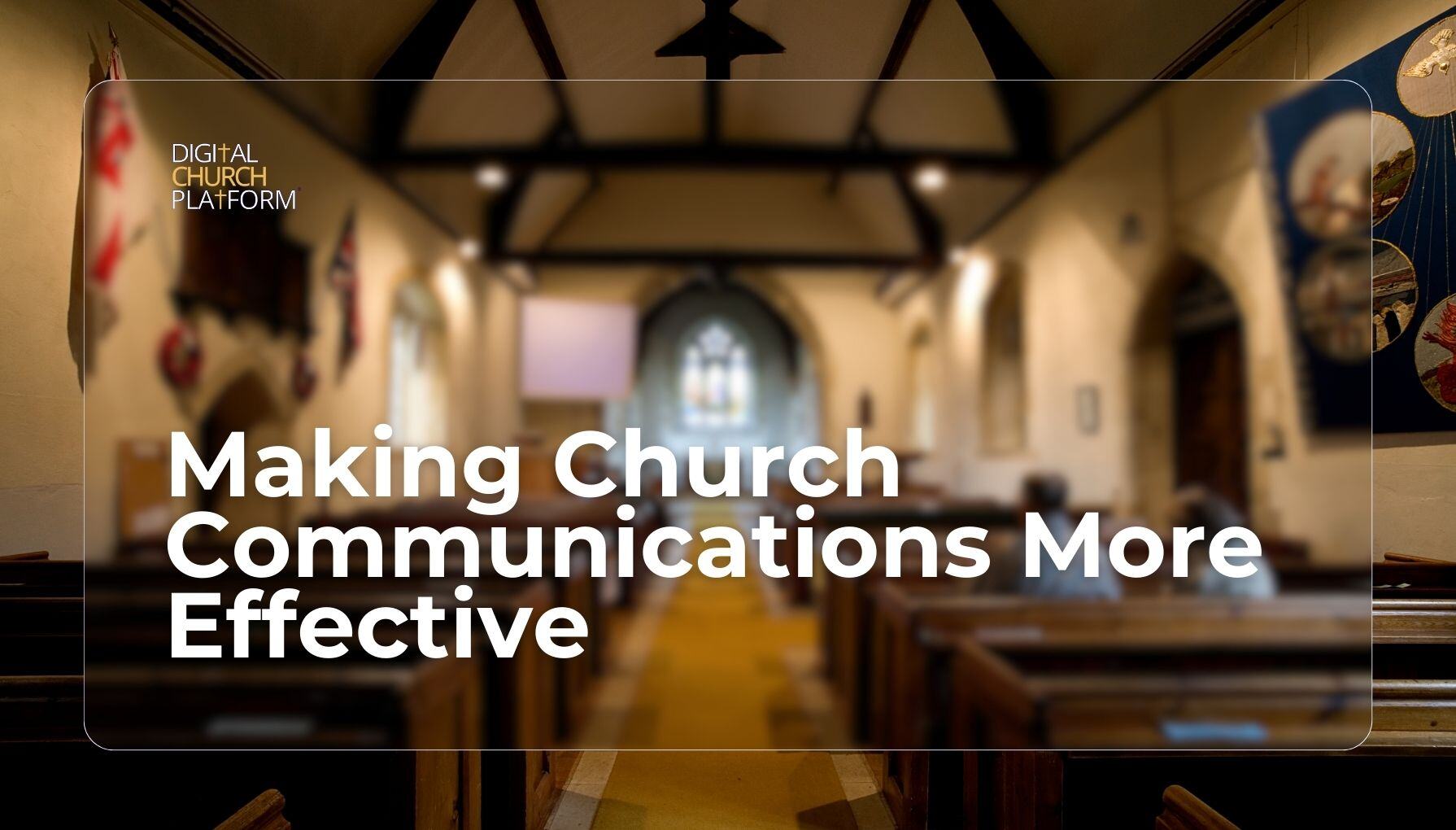
In my last blog post, we talked about some of the issues facing churches, Diocese and synods today. One issue common to them all is communication. Ineffective communication is frequently used to blame misunderstandings, a lack of clarity, and a lack of information or direction within churches. It is often a catch-all for anything not known that was expected to be known.
Churches have business needs
Most of these issues are not necessarily liturgical or pastoral but mainly exist within the "business" side of church life. Yes, churches are also businesses. The church's business side deals with financial matters, property issues, cemetery operations, reporting deadlines, statistical information, and Canons, among others.
In most parishes, these responsibilities are shared between volunteers and church leaders. This word - "volunteers" - describes those who "will look after things". Yet, this is often done without clear direction and guidelines or with a "this is the way we have always done it" approach. Things often fall through the cracks. In today's world, this is not the way to properly sustain the business side of a local church.
Churches regularly receive communications from the Diocese or governing body. These communications deal with liturgical matters as well as "business". Usually, there is no follow up or acknowledgement of receipt when action is to be taken. Unless there is a database where information from these communications can be entered and stored, neither the Diocese nor the parish has any way to confirm receipt or action.
And if the number of parishes exceeds five or so, the Diocese has no way to follow up without making endless phone calls and sending constant emails. This is an ineffective communications strategy and a tremendous waste of time! But not every church can afford, or even desires, a communications director to manage it manually. So how can we solve this problem?
An effective church communications tool
The solution is a digital tool that
- allows the Diocese to confirm that information has been sent and acknowledged, and
- ensures parishes never miss any critical information again and enables them to share it with others.
Such a solution would allow both groups to easily exchange information and address issues and concerns as they arise. The Digital Church Platform® is this tool.
Its user-friendly interface allows users to keep organised and on top of both external and internal communications. As churches grow, both physically and online, effective communication is all the more important. The extensive suite of tools provided by The Digital Church Platform® are easy to implement and simple to use. All you need to do to get started is contact us here.



